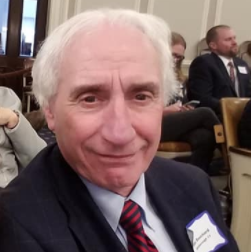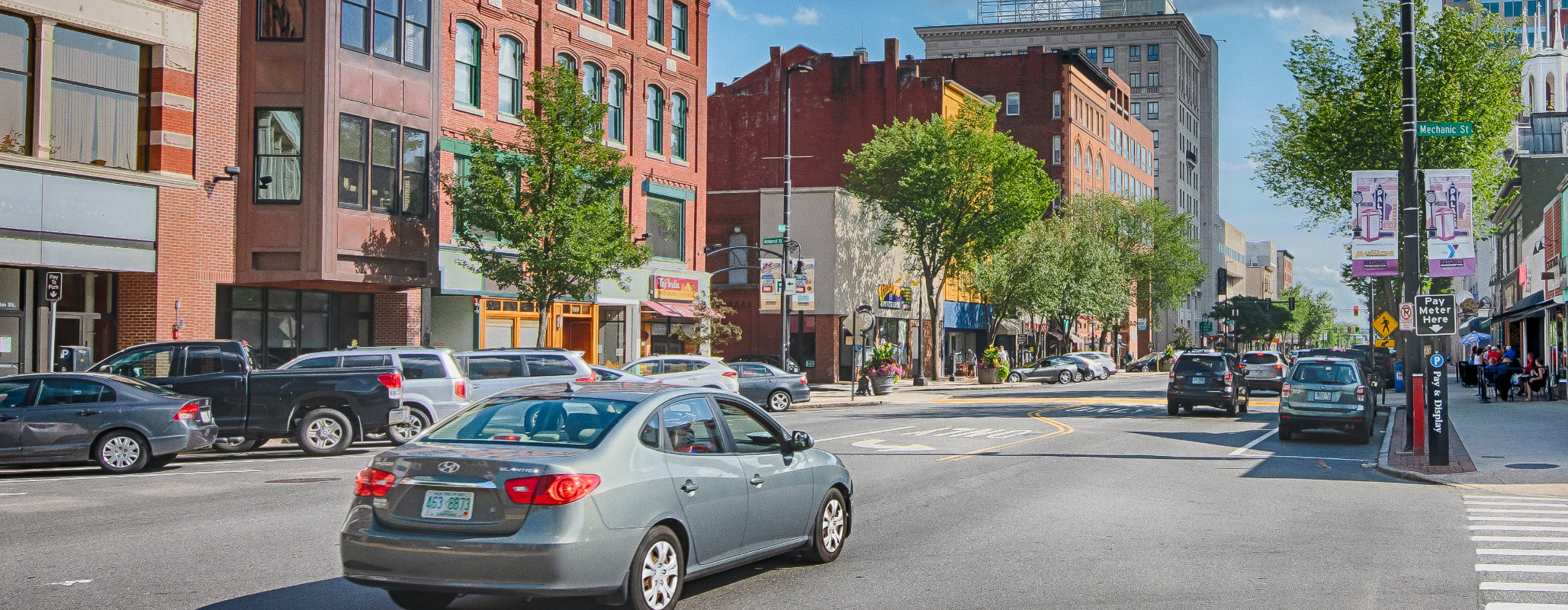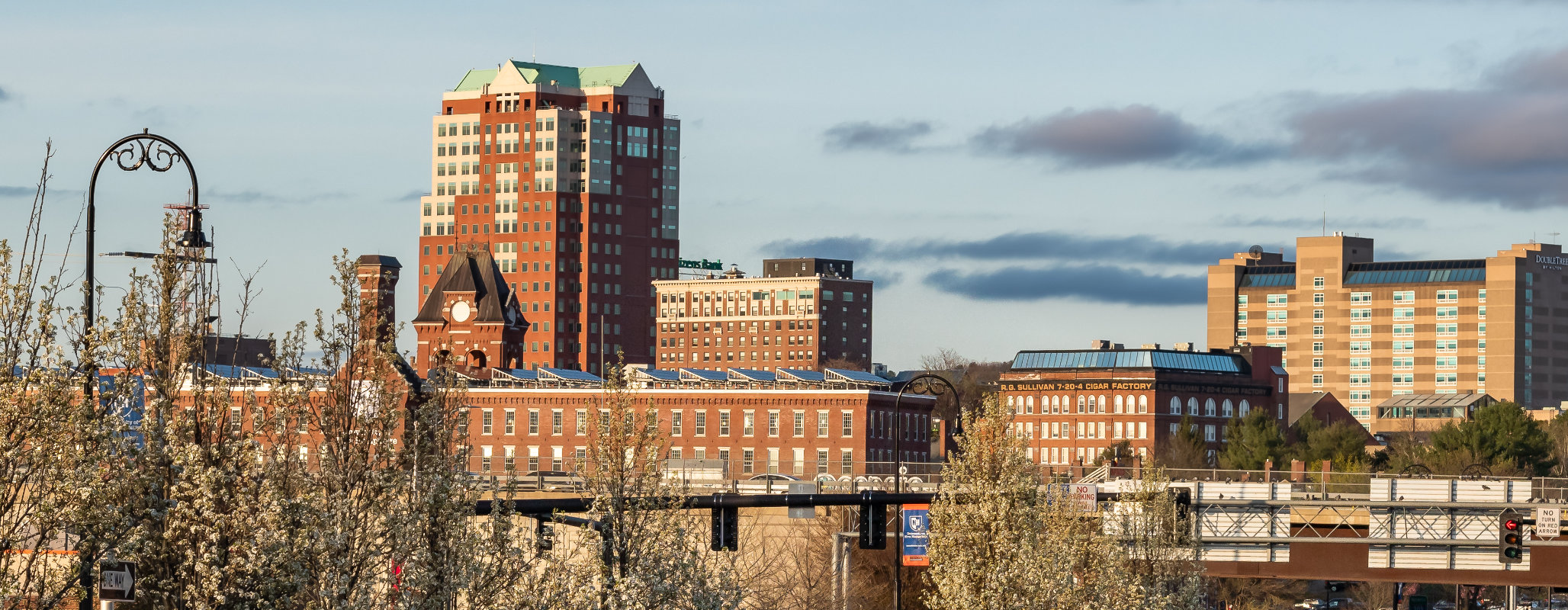Donald BouchardPrimary Election 2022 WinnerGeneral Election 2022 Winner

Running forState Representative - Hillsborough 24 (Ward 4)
in 2022
Running as Democrat
Served two terms in the NH House of Representatives sitting on the Labor, Industrial, and Rehabilitative Services Committee. Former local teacher association president and collective bargaining negotiator. Also served on an NEA/NH Region Council.
Retired physical science middle school teacher with 45 years of service in the public school system
Current residence39 Foxwood Circle
Time lived in NH69 years
HometownLifelong Manchester resident
Attended Bishop Bradley High School and Boston University.
Best way to contact candidate(603)622-0388 and e-mail donaldjbouchard@gmail.com and Donald.Bouchard@leg.state.nh.us
If elected or re-elected, please describe legislation you expect to sponsor or co-sponsor.
As a member of the House Labor Committee, legislation co-sponsored was for a $15 Minimum Wage as well as Paid Family and Medical Leave for NH and will co-sponsor this legislation during the next term. Other Labor legislation to support and co-sponsor next term are for the NH Public Sector to follow OSHA rules, Prevailing Wages for state contracts, and time off for voting in municipal, state, and federal elections.
What are the most important concerns you’ve heard from Manchester residents and how can you address those concerns if elected or re-elected?
While canvassing for re-election the feedback received reinforced legislation to support and co-sponsor property and small business tax relief, fund public education adequately, codify Roe and reproductive healthcare, make healthcare and housing affordable, protect our water and environment, make mental healthcare available, and affordable, and make renewable resources affordable. Being a retiree and in good health commitment to the time needed to represent the constituents is not an issue.
The most significant issue facing Manchester residents is our Public School System. To solve the condition of the Manchester Public School System we need to craft legislation at the state level that changes funding for the Public School System to make the system more equitable for students and property taxpayers alike. We can do this by defining what realistic adequate education funding is, then making it equitable throughout the state, and then funding it.
How do you feel the current divisive political climate in the United States will impact the New Hampshire General Court over the next two years and how would you navigate that divisiveness in your duties?
The political environment in the country is divisive. In order for the House to be functional, legislatures need to be good listeners, ask good questions, respect diverse opinions and be able to reach a consensus. Legislators must reach agreements in legislation with everyone not necessarily happy with the agreement but everyone can live with the agreement.
What were the most significant pieces of legislation during the past two years?
There are two pieces of legislation that affected me significantly as a legislator. One piece positively and the other piece negatively. The positive piece of legislation was the defeat of SB 61 the Right to Work Bill. If this bill would have become law anti-union workers could opt out of paying any fees to a union, even though unions would still be legally required to represent them. As a result, non-member employees would receive higher wages and benefits negotiated by a union without paying the cost of negotiating for these benefits, and those who have grievances at work would receive free representation by the union. By allowing some workers a free ride, Right To Work would hinder workers who want to come together in unions from getting enough power to negotiate on an even footing with employers for better wages, benefits, and working conditions. The negative piece of legislation was SB 130 Educational Freedom Accounts better known as the school voucher bill. This piece of legislation was sold as a way for students and parents to find the best educational avenues to fit their student’s individual learning needs.
Instead, this voucher program has increased the state’s education spending while few students changed their learning environment. The vast majority of students around 89 percent participating in the program, did not attend public schools the year before. Instead, they were in private schools, religious schools, or home-schooled.

